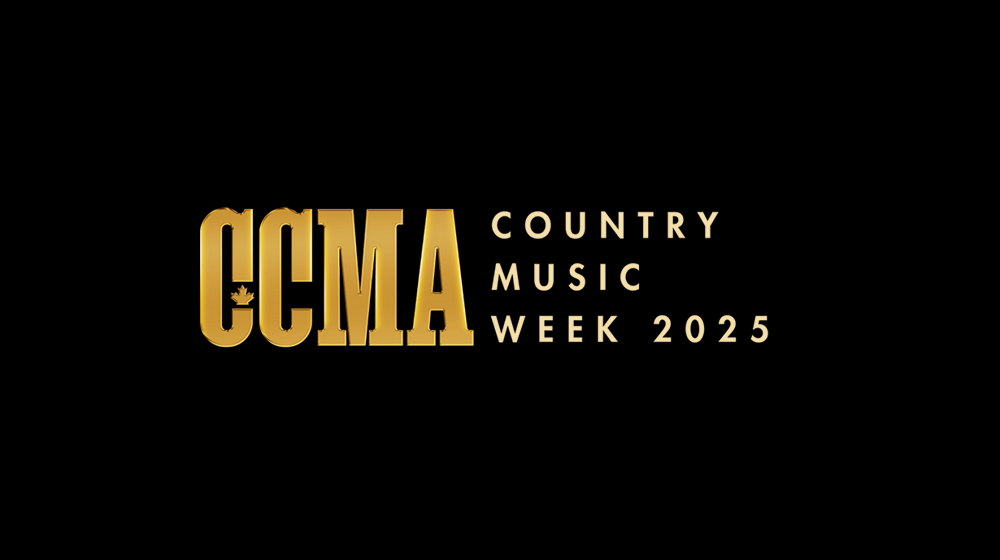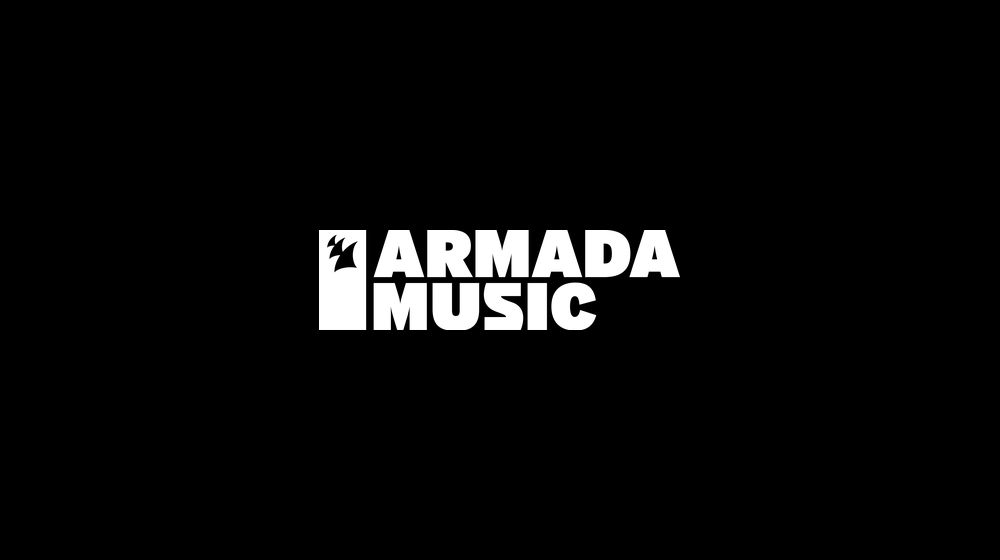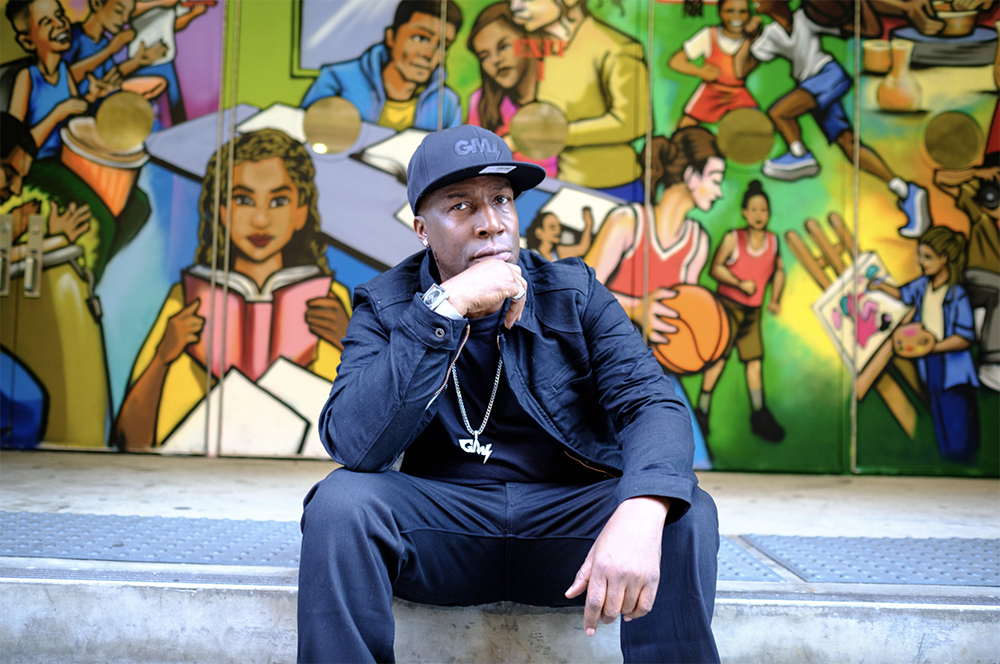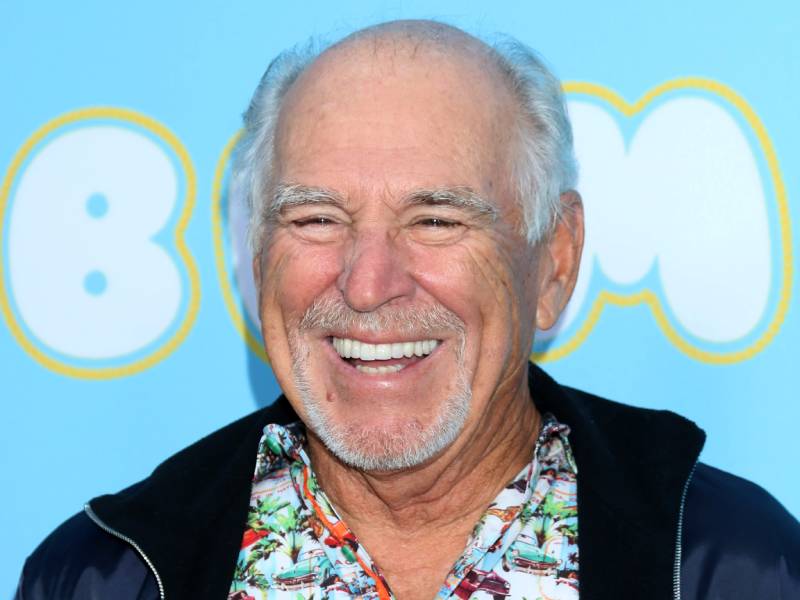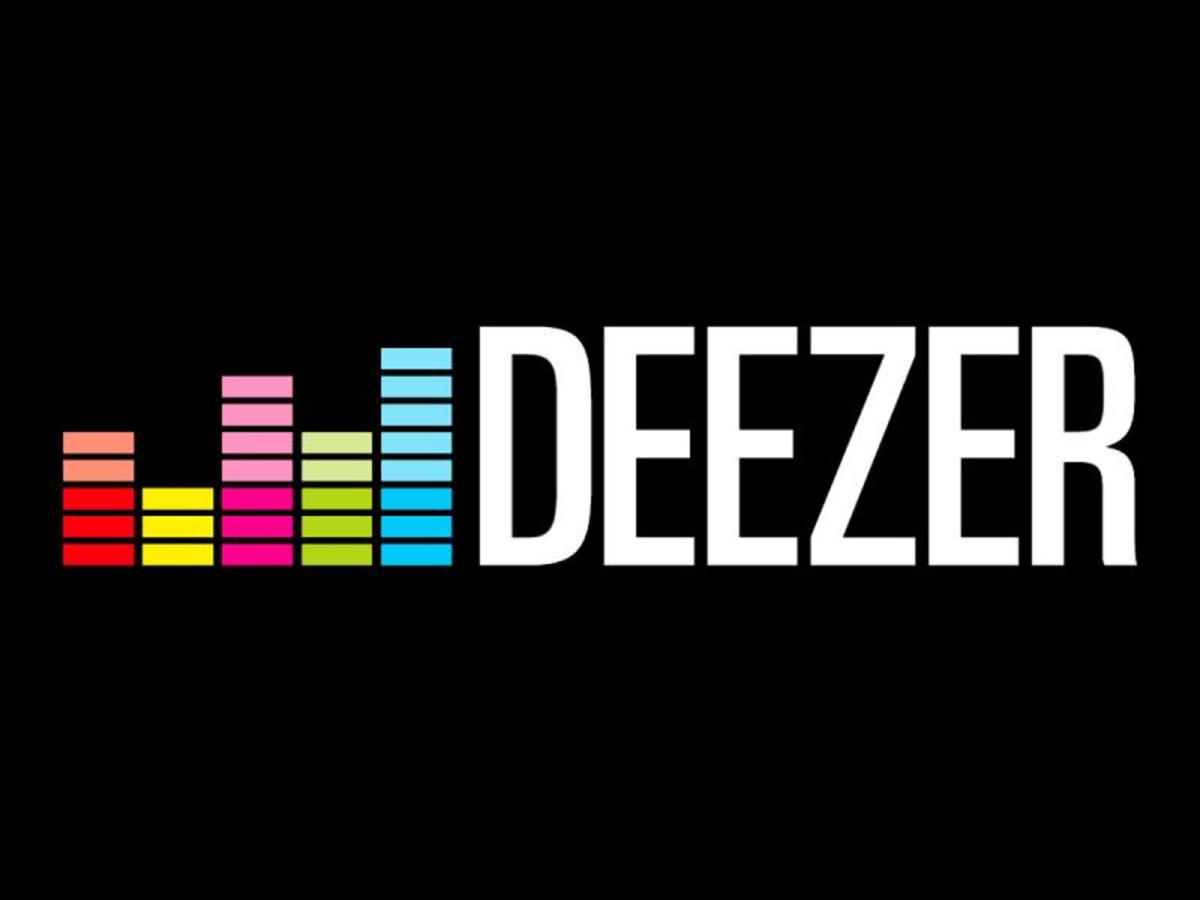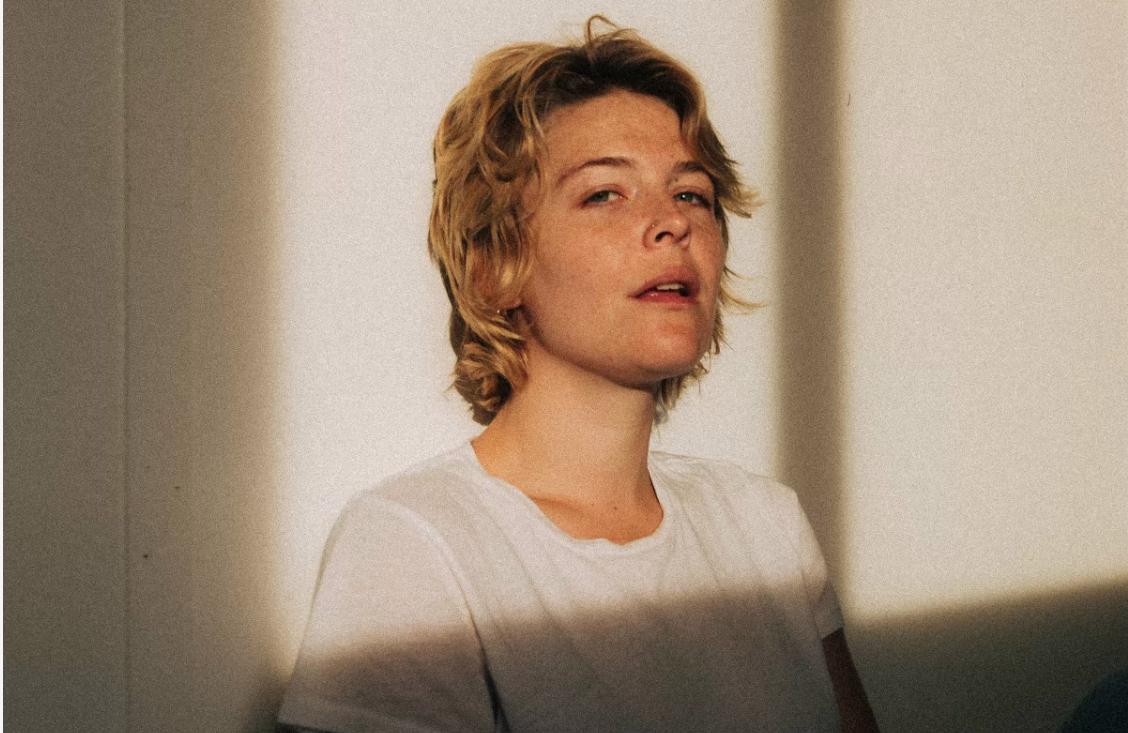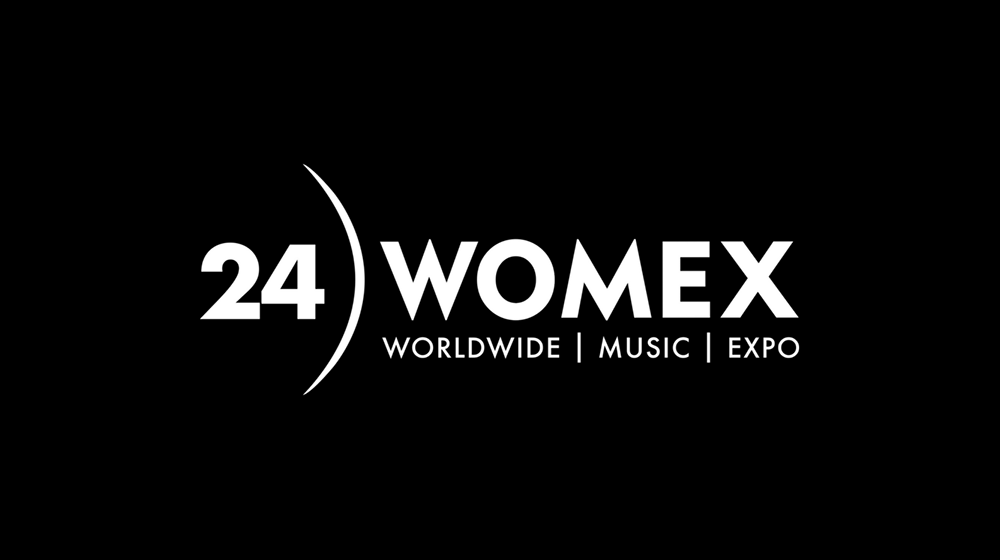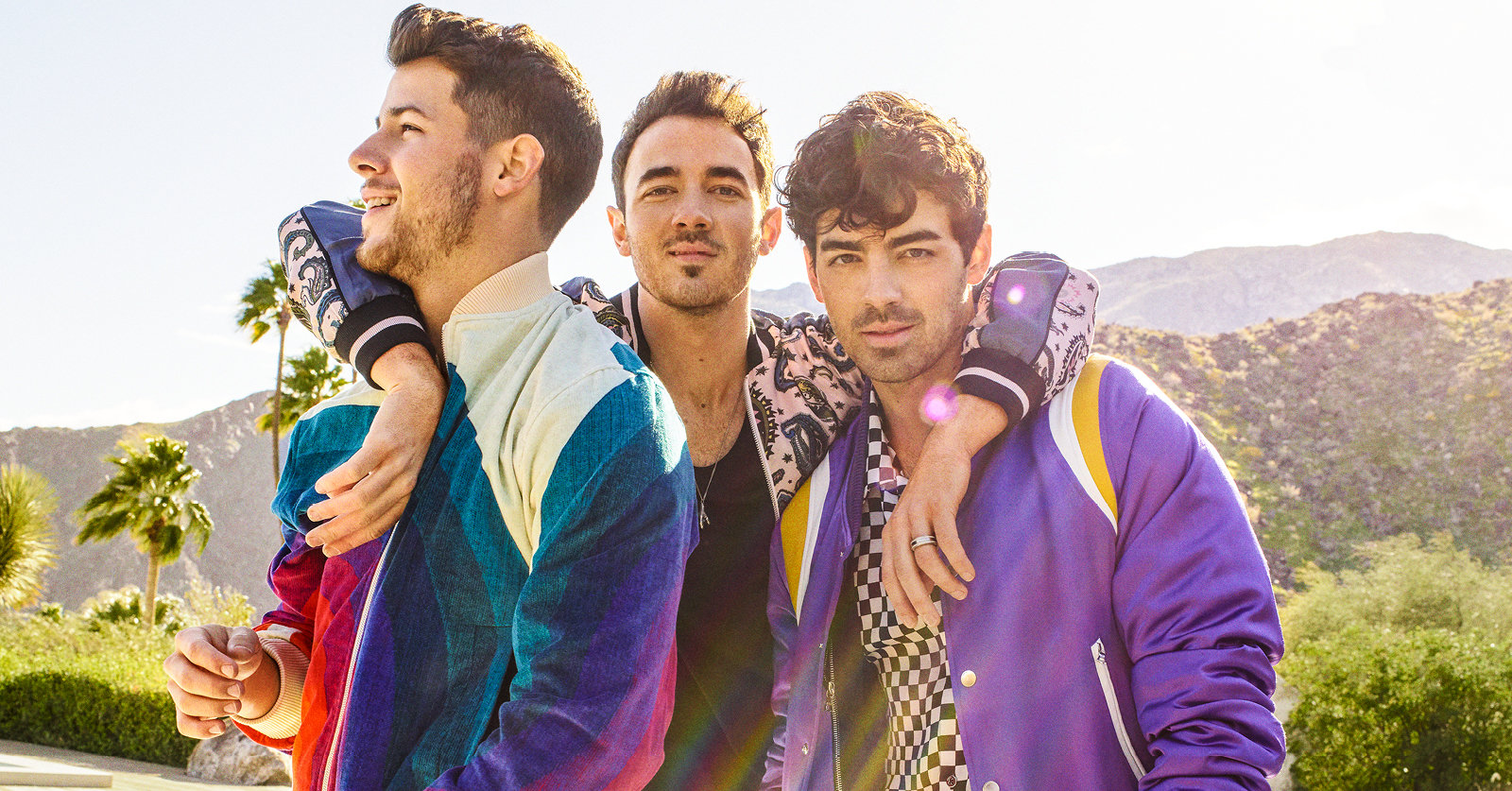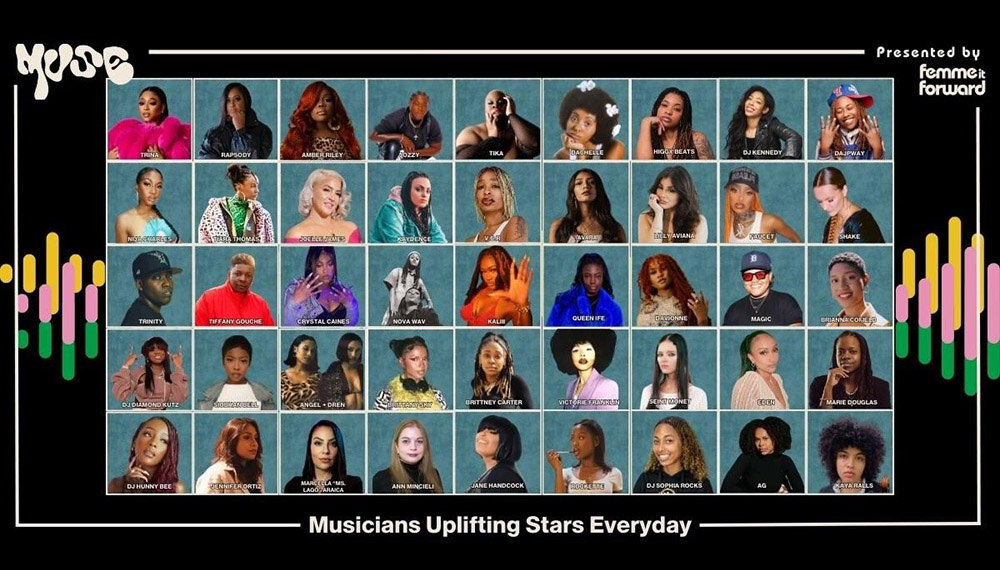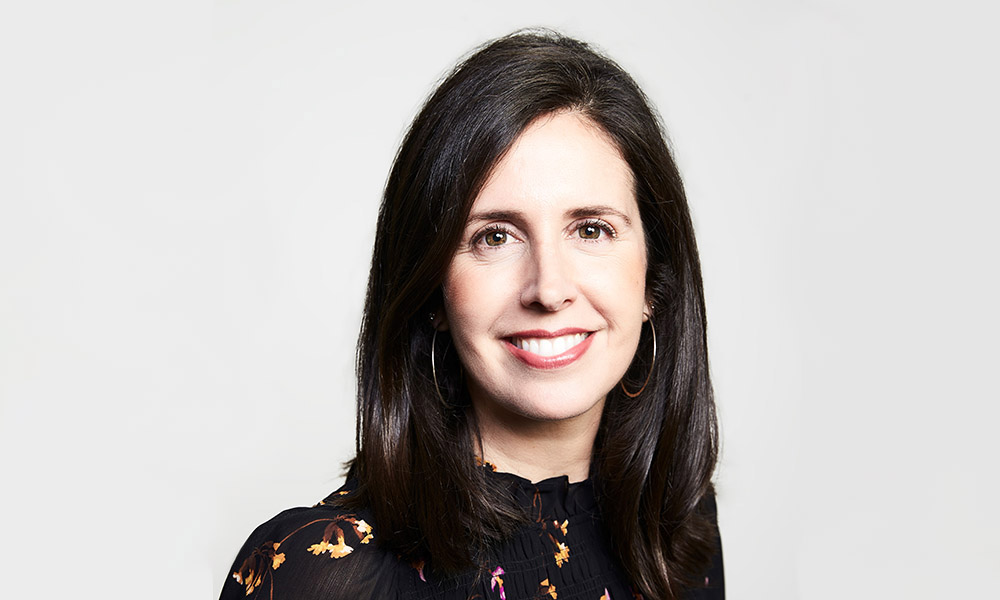
A letter by former Billboard Editor Bill Werde on his tumblr Media. Music Business. Life.
Dear Spotify,
As best as I can recall, I’ve subscribed to you since you launched in the United States. While most Americans pay $40 a year for music, I’ve been proud to pay $120 a year because I fundamentally believe in supporting artists and rights holders. And I thought Spotify was a good way to do that.
I’ve also loved your service. I’d been waiting for years for technology and rights to finally catch up with the hopes, dreams and ambitions of most music fans, and enable an almighty “jukebox in the sky.” And that’s largely been my experience with Spotify: streaming what I want, when I want it, to various speakers in my house, earbuds etc.
Until recently.
Less than a year ago, Beyonce shocked the world and dropped a surprise album. You didn’t have the album for me to listen to when my Twitter feed exploded with people talking about this amazing new work, but I didn’t really blame you then. I just assumed it was necessary as part of the surprise release, or a condition of exclusivity for Apple. I bought Beyonce’s album within seconds of its release. I figured you’d get the album for me to stream with my other playlists in short order. I was wrong though: the album still isn’t up on Spotify, all this time later.
Of course, last week, Taylor Swift released her new album, 1989. And to be honest, I was pretty pissed off that it wasn’t on Spotify. This wasn’t a surprise release. Quite the contrary, Taylor has spent the last month or so making sure that the entire world knew this album was coming, whether they wanted to or not. But ok, sure: we all also know Team Taylor loves her gigantic first week sales numbers, and I guess I assumed again that once her first week of sales passed, the album would be streamable. After all, the rest of her catalog was available on Spotify.
However, this morning a friend on Twitter told me that Taylor Swift’s entire catalog had been taken down from Spotify. And this, for me, is the final straw. Try to see it my way, please: most of America is paying $40 annually for music. I’m paying three times that, and for what? The privilege of not being able to play the two most acclaimed, buzz-worthy albums of the past year, by the two biggest contemporary stars in music? I’m sorry, but if Spotify is meant to be a second-tier, later-window strategy, then I’ll be happy to pay half of what I’m paying now. But charging me premium prices for a non-premium experience? No thanks.
While we’re on the subject, I have to add that I think you’re missing a golden PR opportunity today. Either that, or all your talk about paying artists has been just that—talk. You have said you pay “nearly 70% of all the revenues that we receive back to rights holders.” Instead of responding to arguably the most popular artist in the world pulling her music from your service by creating cute playlist poetry (although granted, it was pretty clever), perhaps this would be a really good time to share some math. Like: how much money would Taylor have likely made from your service during her first week? How much money will she be losing each week she isn’t on Spotify? I have to imagine the answers aren’t so flattering, or you’d be sharing them already, and loudly.
The part that troubles me is I do believe in a streaming future—it’s unfolding all around us as I type. While I’m asking you about math, perhaps you could also project how much money Taylor would have likely made the week her album was released in a world in which there were 10 or 20 or 30 million “premium” Spotify subscribers. Your CEO, Daniel Ek, said that “When we get to 40 million subs,” Spotify’s contributions to rights holders would “be as large as the iTunes revenue stream.” So how much money would Taylor have made first-week on Spotify if you were at 40 million users? Because maybe if she saw that number, she’d understand that keeping her album on Spotify might mean less money this year, but more money down the road. And then maybe she’d put her album back on Spotify, and then I wouldn’t have to unsubscribe.
My hope is that math actually is on your side, and that if and as you scale, rights holders will actually begin to make real money from you. After all, digital download sales are now plummeting at similar rates to CDs. And let me be clear: Taylor pulling her album represents a short term problem for Spotify, but a bigger, longer term problem for the music business. If streaming services aren’t the answer for the music business, it’s running out of time to come up with a different one.
Y’all have your party line about the revenue you share—your PR team answered me on Twitter this AM. You keep saying that you give nearly 70 percent of your revenues to rights holders as if it’s your mantra. But the soundbite obviously isn’t protecting you. Maybe you ARE paying a brilliant amount of money to labels and they aren’t passing it along quickly or transparently enough; it wouldn’t be the first time that’s ever happened at a record label. Or maybe you DO just need scale and then your payday for artists would have them racing to debut albums on your service as opposed to pulling them off in perpetuity.
But whether these are problems of optics or problems of fiscal reality, ultimately, these are your problems, not mine. As you think about going public, or even staying in business, I’d hope you’ll solve them. I’m just a fan who wants—and isn’t receiving—fair value for paying $120 a year. And that ends today.
PS: I still believe in supporting artists and rights holders. I just don’t know how I’m going to do that moving forward. I don’t want downloads, any more than I wanted CDs five years ago. If any fellow fans have suggestions, I’m all ears.



















